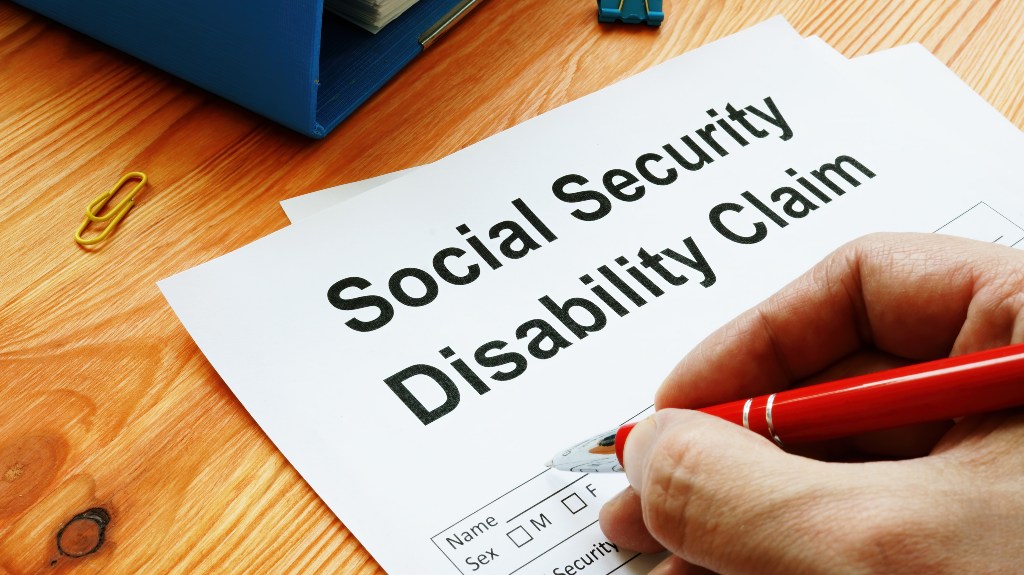
The Social Security Administration or SSA is in charge of several programs. Not only do they manage Social Security retirement benefits but they also handle supplemental security income or SSI and Social Security disability insurance or SSDI. Tabak Law can help you understand some of the differences.
What is the Primary Difference Between SSI and SSDI?
The biggest difference between these two programs comes down to a difference in qualifications. For SSDI, you need to have a work history to qualify for it as it is essentially a form of Social Security retirement where you can retire early but without penalty. Just like retirement, the program looks at your work history to determine your benefit. No work history means no benefit.
SSI does not require a work history at all. Instead, it is a needs-based program that looks at your financial situation including both income and assets. Under SSI, your income is limited as are your assets. If you do have significant assets, you will have to sell them down and live off that money first before you will qualify for SSI. Before you get any ideas about selling your stuff to a family member for nothing and then continuing to use them, know that the SSA has rules against just that sort of thing.
Are There Differences in Pay Between SSI and SSDI?

The pay differences can be significant, but as you may suspect, vary widely from person to person. SSDI, like retirement, is based on work history. For 2024, the maximum benefit is $3,822 a month. Though that assumes a high-paying work history so you may make significantly less than that.
For SSI, the individual maximum is $943 a month. This amount will vary based on several factors including income, living situation, and other factors. It’s worth noting that in most states (except Arizona, Arkansas, Tennessee, Mississippi, West Virginia, North Dakota, and the Northern Mariana Islands) that state will also provide supplemental payments to SSI.
Read More: If Someone Dies Does a Spouse Get Their SSDI Benefits?
Can You Be on SSDI and SSI at the Same Time?
You can be on both at the same time. This often happens for people who have very little work history. You absolutely should explore your options. From a medical standpoint, if you qualify for one of the programs you qualify for the other as well as they both use the same criteria for qualification.
What to do if You Have Been Denied for SSDI or SSI?
It’s an unfortunate truth that denial for benefits with SSDI or SSI is pretty common to the point where you should expect and plan for getting denied the first time. After you have been denied though you will be given options to continue the process which typically culminates in an appeal.
Read More: What Not to Say When Applying for SSDI?
At some point in this process, you should involve an experienced lawyer. Lawyers like those at Tabak will take no fee unless they win, and even then the fee comes out as a portion of your back pay. Having a lawyer on your side vastly increases your chances of making it through the appeals process and getting the benefits that you are after.
What Disabilities Are Hard to Prove for SSDI?
Legal Help for Those Seeking SSDI or SSI Benefits
If you are seeking a lawyer for help, then you should reach out to the team at Tabak Law. We have years of experience helping people just like you get the benefits that they deserve. Reach out to us today for a free case review!
Nothing posted on this website is intended, nor should be construed, as legal advice. Blog postings and site content are available for general education purposes only.
